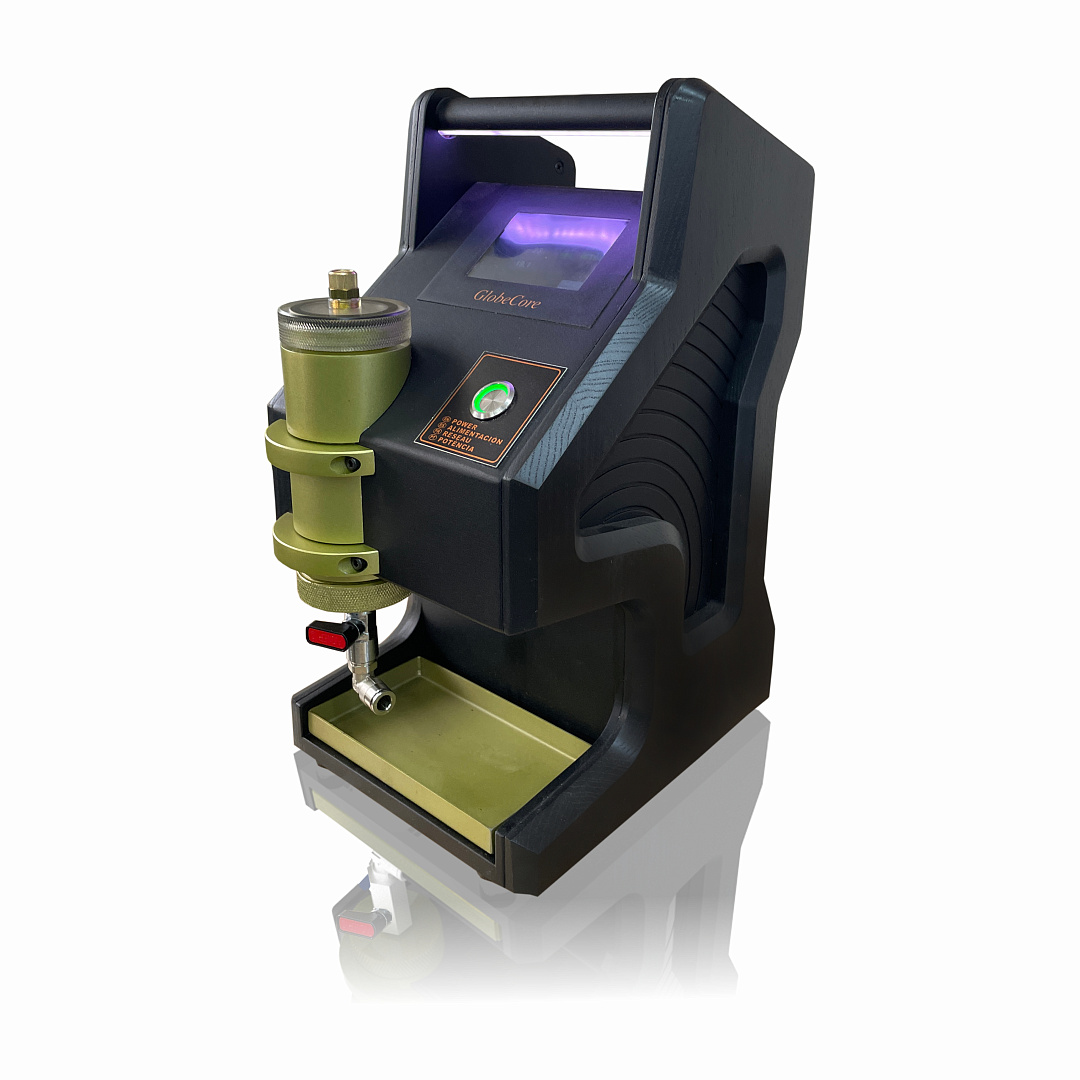What strategies are used in Diesel Fuel Hygiene Management?
- This topic has 1 reply, 2 voices, and was last updated 1 year, 2 months ago by .
Answers
-
October 5, 2024 at 1:44 pm by Ana Garcia
Diesel Fuel Hygiene Management employs several strategies to maintain clean and contaminant-free fuel, ensuring optimal engine performance and longevity. Water Separation and Removal is a primary strategy, utilizing water separators and fuel dryers to eliminate moisture that can cause corrosion and microbial growth. Regular Fuel Testing involves monitoring fuel quality parameters such as water content, particulate levels, and microbial presence, enabling early detection of contamination. Use of Fuel Conditioners and Additives includes adding biocides to prevent microbial proliferation and detergents to keep fuel injectors clean, maintaining fuel system hygiene. Proper Fuel Storage practices, such as using sealed containers and maintaining storage tanks at appropriate temperatures, prevent water ingress and contamination. Implementing Fuel Filtration Systems with high-efficiency filters removes particulates and contaminants, ensuring clean fuel delivery to engines. Scheduled Maintenance of purification systems, including filter replacements and system inspections, ensures ongoing effectiveness in removing contaminants. Preventive Measures like minimizing fuel exposure to air and moisture during handling and transfer reduce the risk of contamination. Additionally, Training Personnel on best practices for fuel management and hygiene ensures that all operational aspects contribute to maintaining high fuel quality. These strategies collectively ensure that diesel fuel remains clean, protecting engine components and enhancing operational reliability.



